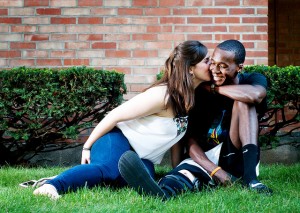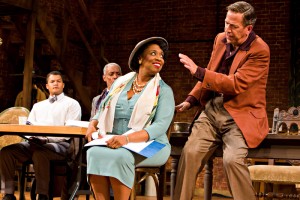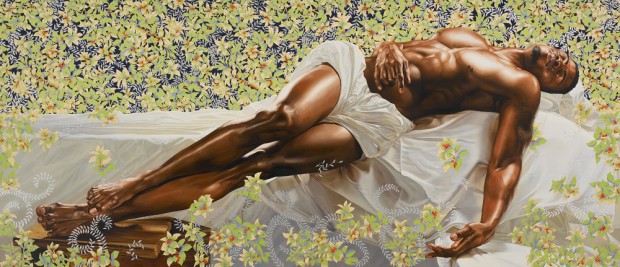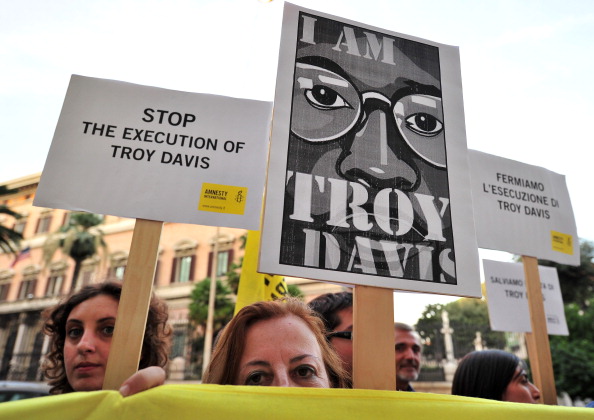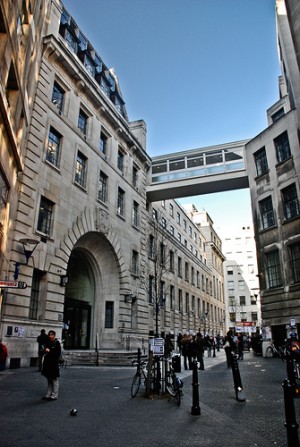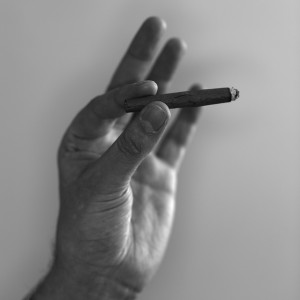Earlier this week, we asked conservative commentator Pat Buchanan how he proposes eliminating D.C.’s economic racial disparities. Buchanan, who firmly believes diversity hurts America, suggested stopping immigration to combat high national black unemployment, and general national unemployment. “We’ve got to start putting our own people first,” he said.
The Root’s Nsenga Burton takes issue with Buchanan’s rhetoric:
“Our own people?” Since when did blacks become “our own people” to folks like Buchanan? Invoking the Willie Lynch strategy of dividing and conquering those who would benefit from coming together (African-Americans and immigrants) as opposed to functioning separately is foul. Buchanan and his cronies who try to pretend that they give a damn about black folks, need to stop the shenanigans. This is not a plantation lullaby — this is real-life. Pretending that immigrants are having a greater impact on black unemployment as opposed to the perpetuation of racist ideology that works in tandem with dominant power structures invested in the continued oppression of marginalized groups, is disingenuous… Pat Buchanan needs to go back to the drawing board because pretending that he thinks of black people as part of his version of America is downright insulting.
Buchanan, known for controversial remarks, has once again come under heat; black political advocacy group Color Of Change is petitioning MSNBC to fire Buchanan as an analyst for what they deem as his “white supremacist ideology.” He has said that blacks and whites in his hometown D.C. were more united under segregation than they are now. “America has been the best country on earth for black folks,” Buchanan wrote in 2008. “It was here that 600,000 black people, brought from Africa in slave ships, grew into a community of 40 million, were introduced to Christian salvation, and reached the greatest levels of freedom and prosperity blacks have ever known.”



